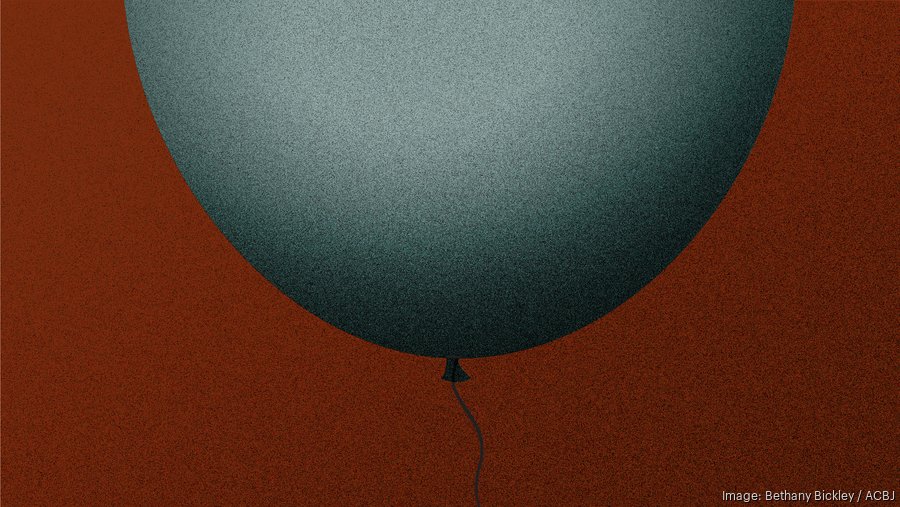Record inflation, soaring costs and an ongoing labor shortage are curtailing business optimism, according to a new survey by banking giant JPMorgan Chase & Co.
Just 19% of the 1,500 midsize business leaders surveyed said they were optimistic about the national economy in the year ahead, the lowest recorded in 12 years of survey data and down from 75% just one year ago. Only 9% are optimistic about the global economy.
The silver lining, for now, is midsize business leaders remain optimistic about growth within their own companies, with 71% saying they are optimistic about their company’s performance in the year ahead and 55% are upbeat about their industry’s performance — although both are down from about a year ago.
The survey is the latest illustration of fading optimism for small and midsize businesses alike as inflation soars, cutting into profits and curtailing growth opportunities.
The latest Small Business Optimism Index from the National Federation of Independent Business took a similar tone, with the percentage of business owners expecting better business conditions in the future falling to a 48-year low.
“The first half of 2022 has really tested business leaders with pricing pressures and increased interest rates, on top of the supply chain- and labor-related issues they were already facing,” said Ginger Chambless, head of research for JPMorgan Chase Commercial Banking. “While it’s surprising to see how drastically sentiment has shifted, it is important to note that business leaders are still mostly upbeat when it comes to their companies and areas that they can more directly control.”
The souring mood on the overall economy comes as experts are split on the possibility of a recession.
Sankar Sharma, market strategist and founder of RiskRewardReturn.com, recently told The Playbook the country is not at the recession tipping point yet, merely in a contraction phase, meaning it could take 18 to 24 months for a recession to occur without what he called "an economic soft landing."
Dan Varroney, founder of Potomac Core Association Consulting, said it's likely the country will face a recession in the back half of 2022, citing inflation as a "vicious choke point" for American consumers and skyrocketing energy costs.
“The U.S. is a 70% consumer-driven economy. The more they are squeezed, the less likely they will spend. As things stand, 64% of the American people are living from paycheck to paycheck since the start of 2022,” Varroney said.
JPMorgan's survey underscores the concerns midsize businesses have about the effects on their own companies and the broader economy.
The survey found:
- 100% of midsize business leaders say they are facing challenges, with inflation topping the list, followed by the ongoing labor shortage. Rising interest rates were also high on the list.
- About 99% reported higher costs of doing business, with 77% saying it costs more to retain employees, and 74% saying supply chain issues are driving up costs.
- About 76% are raising prices, and 42% have passed along at least half of their increased costs to consumers and buyers in the form of higher prices.
- About 81% say they are likely to continue to increase prices to help mitigate higher costs.
Despite the challenges, about 83% of midsize business leaders expect to grow over the next year, down from 90% during the same time last year. About 63% plan to expand into new markets, while 53% plan to expand their product or service lines.
John Simmons, head of middle market banking and specialized industries for JPMorgan Chase Commercial Banking, said many businesses are taking calculated risks in response to the challenges.
The survey is one of several that show Covid-19 is increasingly fading as a main concern among business owners as other economic worries take center stage. Just 12%, according to a survey by DHL Express, identified the pandemic as their biggest concern. That pales in comparison to the 61% of respondents who cited supply chain issues, including the resulting inflation, as their top challenge — a figure that rose from 54% a year ago.
Hiring also remains a big pain point.
Small-business owners might not see much relief from the tight labor market anytime soon, as the labor shortage is exacerbated by long-term demographic shifts that will play out over the coming years.
The current dynamics of the hiring market have forced small-business owners across the country to increasingly pony up higher salaries for workers.
